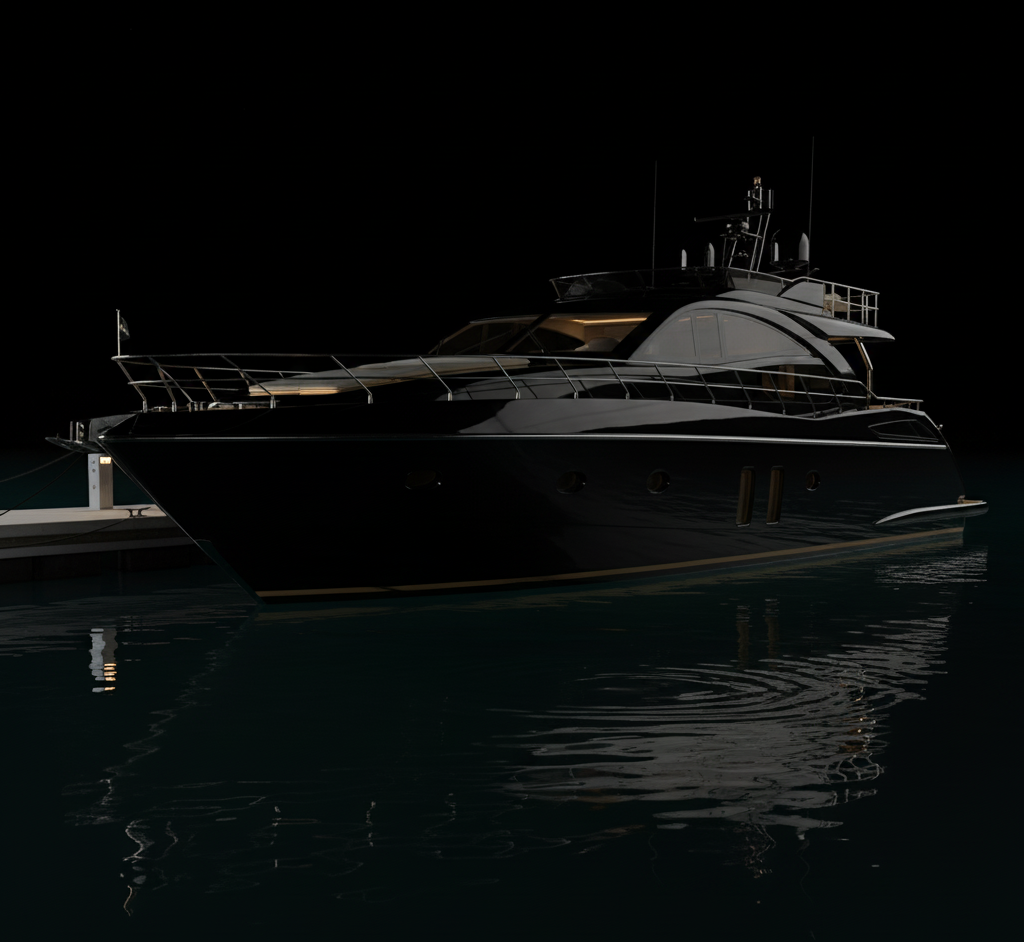Not all ceramic coatings are created equal, and not all applications are the same. Automotive ceramic coating faces different challenges than marine applications—road salt versus saltwater, UV exposure patterns, and temperature extremes.
For luxury vehicles in Mastic, NY, we account for Long Island’s unique climate conditions. Winter road treatments, summer heat, and coastal humidity all impact how coatings perform. Our automotive formulations are selected specifically for these conditions, providing superior protection against the elements that threaten your paint.
Marine ceramic coating requires even more specialized knowledge. Saltwater, constant UV exposure, and the challenges of boat maintenance demand coatings that can handle extreme conditions. Our marine-grade formulations create a barrier that prevents salt buildup, resists oxidation, and makes cleanup significantly easier.
Whether it’s your weekend roadster or your prized yacht, each application is tailored to the specific demands your asset will face. Because generic protection doesn’t preserve exceptional investments.




